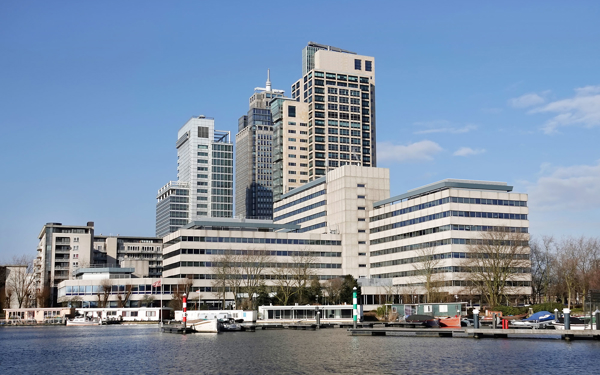The Committee consisted of Roelof Konterman and Pauline van de Meer Mohr and conducted independent investigations into the actions of DNB and the Ministry of Finance in the years preceding the bankruptcy of Conservatrix. DNB's Supervisory Board and Governing Board are very grateful to the Committee for its thorough and comprehensive evaluation [[link]].
The bankruptcy of Conservatrix was a far-reaching event, especially for policyholders. In a letter [[link]] sent by the Minister of Finance to the House of Representatives with the report, the Supervisory Board responds in broad lines to the conclusions and recommendations.
Response by the Supervisory Board
After the credit crisis, DNB embarked on a long-term change process aimed at more critical, incisive and decisive supervision. This is described in the report From Analysis to Action, the final part of which was the new supervisory methodology Focus! As the Evaluation Committee's report describes, from mid-2013 onwards, this led to more in-house analyses and formal measures to get Conservatrix to make the necessary improvements. Also, since the introduction in 2016 of Solvency II, DNB has been better equipped to identify and mitigate financial problems at institutions sooner.
The Supervisory Board endorses the Committee’s conclusion that great importance is attached in supervision to the legal framework. After all, that is the legal basis for DNB's tasks and duties. As supervisor, DNB can and must sometimes take far-reaching measures that can stand up to judicial scrutiny. It is in the policyholders’ interest that DNB exercises this legal diligence. If there is a solution with a realistic probability of success without cuts for policyholders, DNB is obliged to seriously consider it.
The Committee mentions that, with hindsight, the design of the agreements with the new owner contains sensitive imperfections. It further notes that some elements of the agreements have not worked out well in practice. For example, the new shareholder failed to comply with the contractual arrangements, and the US regulator intervened in the area of reinsurance.
The Supervisory Board takes the view that DNB included in the investigation the signals it had about propriety at the time of the assessment of the new shareholder and incorporated them in the final conclusion. DNB will take to heart the important lessons the report mentions as regards the information to be considered in a propriety assessment.
The recommendations on DNB’s actions are varied in nature and require a balanced approach so that we can incorporate them into risk-based supervision. DNB will start working on this and will inform the Minister of Finance in February 2022 on how it implements the recommendations.



